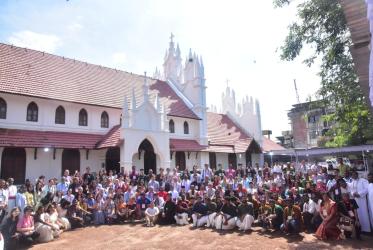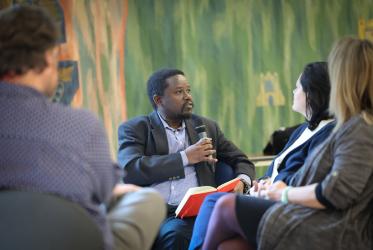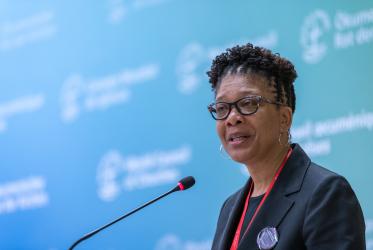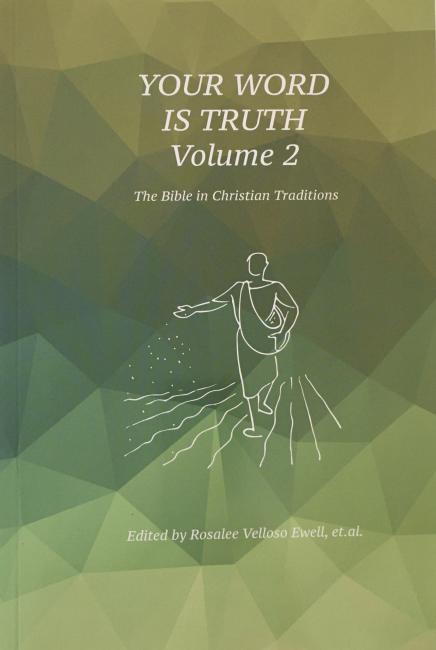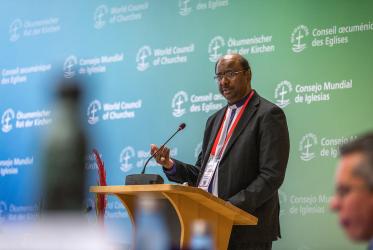Displaying 41 - 60 of 563
11 December 2023
Young Black Europeans: “common witness has an open ear”
30 November 2023
As floods rage in eastern Africa, church acts to save the people
22 November 2023
Blending local and global ecumenism in Asia
02 November 2023
Ahead of Her Time
Pan-African Women of Faith and the Vision of Christian Unity, Mission, and Justice
01 November 2023
A Guide for Churches on the Prevention of Obstetric Fistula
26 October 2023
At peace conference, WCC focuses on overcoming racism
26 October 2023









